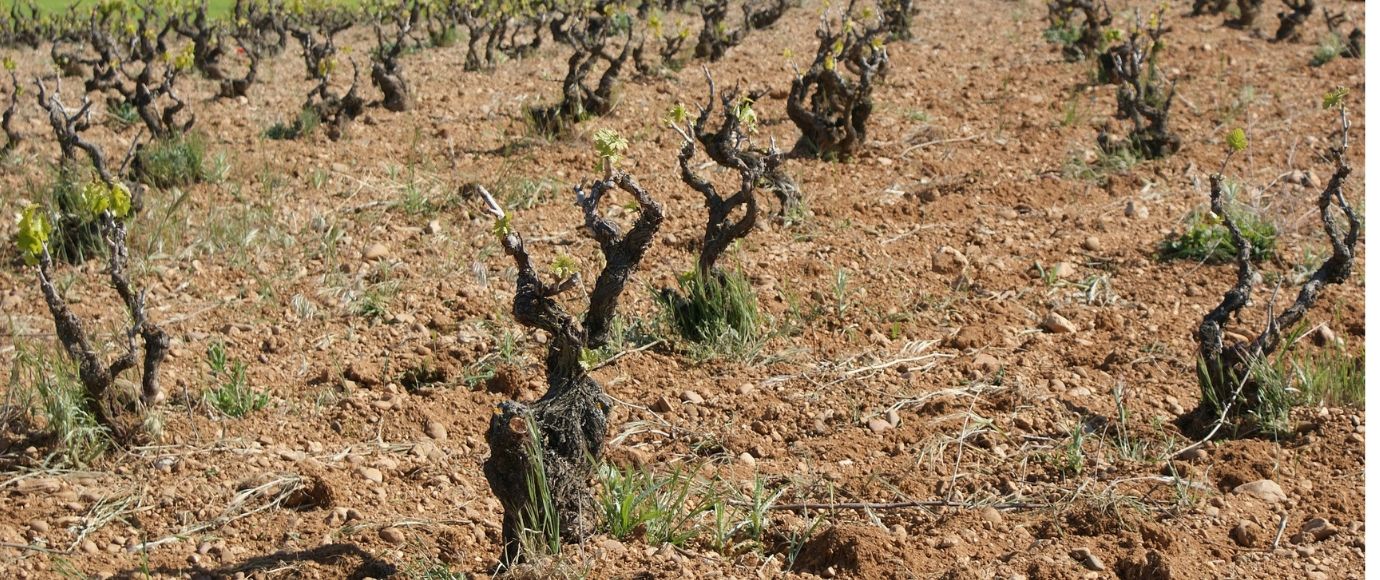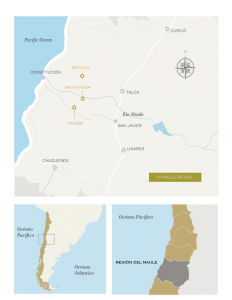Cepas patrimoniales, valorizando los vinos de Chile

Las cepas patrimoniales se refieren a aquellas cepas de uva para producir vino con parras plantadas en Chile hace al menos más de cien años, y aunque aún su concepto no está muy claro, nos remontaremos a la época de la colonia para entender un poco mejor de qué va este concepto que le da valor histórico a los vinos de Chile.
Aquí podrás leer
Cepas patrimoniales: los vinos chilenos
Desde los tiempos de la conquista española en el continente americano se pueden hallar plantas de vitis viníferas en diferentes regiones de Chile, las cuales fueron traídas por misioneros con el objeto de la celebración de la misa. Ellos trajeron consigo de las mejores cepas habidas en España, que para ese entonces era muy buen productor de uva. Estas plantaciones eran de la cepa país en su gran mayoría, y en menor cantidad moscatel. Después se sumaron también las cepas Cinsault….
Vinos de Chile con historia
De esas cepas, se sigue produciendo vino de calidad de forma sustentable y natural. Están presentes en algunas regiones, donde se producen vinos con técnicas ancestrales y tradicionales, sin aditivos químicos, dando como resultado un producto con historia, expresión y sobre todo excelente calidad.
Controversia sobre las cepas patrimoniales
Aunque algunos expertos catalogan como cepas patrimoniales a esas primeras variedades que llegaron a Chile durante la colonización española, otros aseguran que el término “cepa patrimonial” en realidad se refiere a una forma de producción, que va mucho más allá de las cepas. Mientras que algunos afirman que tiene que ver con ambas cosas, es decir, es una forma de producción de vino con esas cepas ancestrales.
Con esto podemos entender que no es lo mismo una cepa histórica, que una cepa ancestral y una patrimonial. Entonces ¿a qué nos referimos en Chile cuando hablamos de cepas patrimoniales?
Según ProChile, institución del Ministerio de Relaciones Exteriores encargada de la promoción de la oferta exportable de bienes y servicios chilenos, hablar de cepas patrimoniales es hablar de “vinos de larga data, de las regiones del Maule y Biobío, en que sus productores están realizando un esfuerzo para revalorizar este añoso producto, de más de 100 años de antigüedad. Variedades particulares de uvas, sumado a su ubicación geográfica y su proceso productivo artesanal, dan como resultados vinos especiales”.
Innovación y calidad con sello histórico
Paradójicamente, las cepas patrimoniales son relativamente nuevas en el mercado, aunque involucran cientos de años de historia y tradición chilena en su contenido y elaboración.




